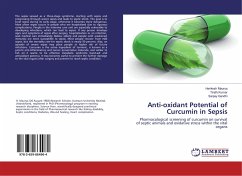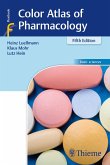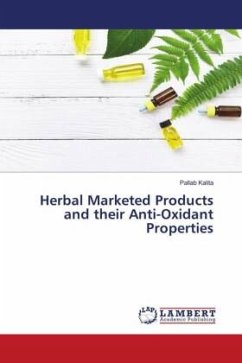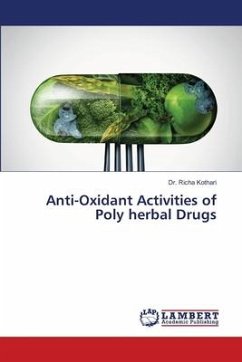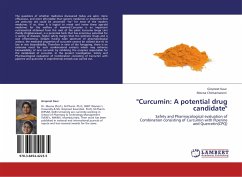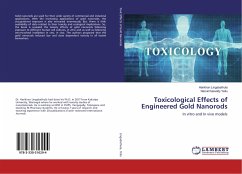The sepsis viewed as a three-stage syndrome, starting with sepsis and progressing through severe sepsis and leads to septic shock. The goal is to treat sepsis during its early stage, otherwise it becomes more dangerous. Most often sepsis occurs in people who are hospitalized due to rigorous complications. People in the intensive care unit are especially vulnerable to developing infections, which can lead to sepsis. If any person develops signs and symptoms of sepsis after surgery, hospitalization or an infection, seek medical care immediately. Babies, elderly and people with weakened immunity are more susceptible to sepsis. Most people recover from mild sepsis, but the mortality rate for septic shock is nearly 50 percent. Also, an episode of severe sepsis may place people at higher risk of future infections. Curcumin is the active ingredient of turmeric, is known as a potent anti-inflammatory and cancer preventative molecule, and similar to fish oil it seems to be effective metabolic syndrome band-aid and antioxidant potency. It may becomes useful to prevent the further damage to the vital organs after surgery and prevent to reach septic condition.
Bitte wählen Sie Ihr Anliegen aus.
Rechnungen
Retourenschein anfordern
Bestellstatus
Storno

